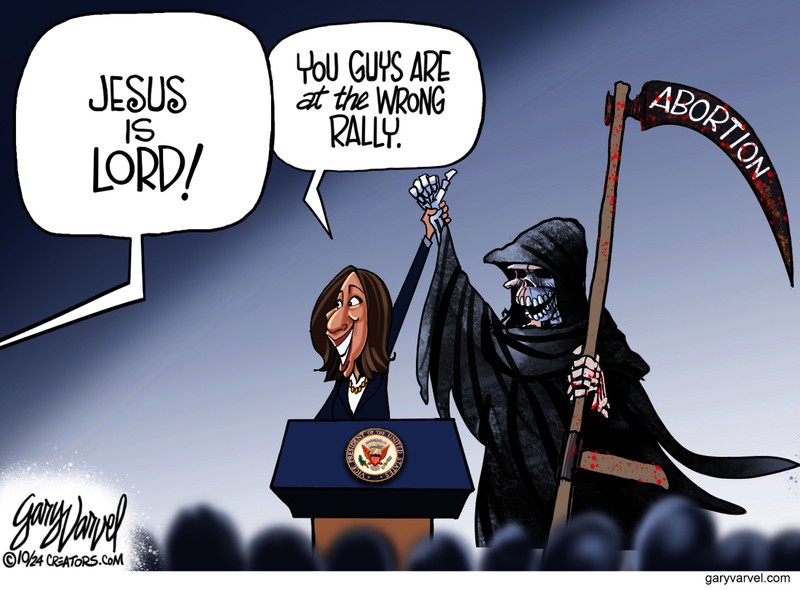Speaking of Raskin, some info from FR’s fedora:
To: Fedora
https://keywiki.org/Institute_for_Policy_Studies
Soviet visit
On April 10, 1982, an IPS-sponsored group visiting Moscow for a week of meetings with high-level Soviet officials responsible for disseminating disinformation and propaganda for U.S. consumption, met with U.S. reporters to serve as the unofficial means for floating the possibility that Brezhnev might agree to a New York summit meeting in New York at SSD-II. The IPS group, led by its principal spokesman, Marcus Raskin. . .
* * *
https://keywiki.org/Jamie_Raskin
Jamin (Jamie) B. Raskin (born December 13, 1962) is the son of Institute for Policy Studies founder Marcus Raskin. . .
Select Committee to Investigate the January 6th Attack on the United States Capitol
The following members of congress were on the Select Committee to Investigate the January 6th Attack on the United States Capitol: Bennie Thompson (chair), Zoe Lofgren, Adam Schiff, Pete Aguilar, Stephanie Murphy, Jamie Raskin, Elaine Luria, Liz Cheney, and Adam Kinzinger. . .
63 posted on 11/29/2024, 3:12:23 AM by Fedora
https://www.influencewatch.org/non-profit/institute-for-policy-studies/
Writing in the mid-1980s, author Joshua Muravchik concluded that the most important leaders at IPS up to that time had been Marcus Raskin, Richard Barnet, and Robert Borosage, the three individuals who had served as the institute’s directors; Eqbal Ahmad, Orlando Letelier, and Saul Landau, who had served as directors of the affiliated Transnational Institute; and the institute’s board chairman Peter Weiss. 25 Of these, Barnet and Raskin, the institute’s co-founders, were the most influential in establishing IPS and guiding its early philosophy and development.
Prior to co-founding IPS in 1963, Raskin had served as a legislative assistant to several congressmen, most notably Rep. Robert Kastenmeier (D-WI), and had taken a leading role in coordinating a partnership between various left-of-center politicians and intellectuals that came to be called the Liberal Project, 26 established in the fall of 1959. 27
The Liberal Project resulted in a collection of essays, completed by the beginning of 1960 and ultimately published as part of a book called The Liberal Papers in 1962, 28 which made some controversial recommendations on United States foreign policy with respect to the Cold War. The book was derided as amounting to a proposal for appeasement by its critics, with Senator Everett Dirksen (R-IL) commenting that “Chamberlain surely never did as much for Hitler as is proposed here under the name of liberalism to be done for Khrushchev and Mao.” 29
After several of the congressmen he had been working for were defeated in the 1960 elections, Raskin had joined the incoming Kennedy administration as a staffer to National Security Advisor McGeorge Bundy. Though his creativity and intelligence were recognized and appreciated, Raskin’s controversial recommendations — including unilateral disarmament by the United States and demilitarizing the Guantanamo Bay Naval Base in Cuba — eventually led him to be re-assigned to the Bureau of the Budget (the predecessor to today’s Office of Management and Budget). Some Republican critics, such as Rep. Robert Stafford (R-VT), had argued that Raskin’s prior involvement in the Liberal Project had made him unfit to serve at the National Security Council at all. 26
Richard Barnet also served in the Kennedy administration from 1961 to 1963 as a special assistant for disarmament at the U.S. Department of State. As an aide to presidential advisor John J. McCloy, Barnet helped create the U.S. Arms Control and Disarmament Agency. Prior to joining the administration, he had been a fellow at Harvard University’s Russian Research Center, where he wrote Who Wants Disarmament? According to historian Brian S. Mueller, “Barnet refused to lay the blame solely on the Soviet Union and exonerate the United States” for failed attempts at nuclear disarmament in the post-World War II era. 30
Raskin and Barnet first met one another at a conference on arms control on April 14, 1961, while both were serving in the Kennedy administration. An official history of IPS explains that they were “drawn together in a shared belief that steps had to be taken to combat over-militarized ways of thinking in foreign and national policy.” 31
Notable founding-era IPS trustees included David Riesman; Thurman Arnold; banker and Franklin Roosevelt administration figure James P. Warburg; Sears, Roebuck & Co. heir Philip Stern; and Scientific American publisher Gerard Piel. 14 Arthur Waskow was also closely involved with the establishment of IPS and served as one of its original fellows. 32 Other founding-era fellows included Christopher Jencks 32 and Gar Alperovitz. 33
Warburg, Riesman, and Waskow had all contributed essays to The Liberal Papers, 27 and Waskow had worked with Raskin in Rep. Kastenmeier’s office. The two had kept in contact after Raskin joined the National Security Council staff in 1961, while Waskow had joined a Washington, D.C.-based think tank called the Peace Research Institute. 14 When financial difficulties led the Peace Research Institute to seek a merger with another think tank, Waskow helped convince its board to approve a merger with the newly-formed IPS. 34
Early Funding
IPS was established with initial seed money from the Stern Family Fund, which in turn owed much of its original endowment to the estate of Sears, Roebuck & Co. chairman Julius Rosenwald. Philip Stern, a grandson of Rosenwald, 35 served as president of the Stern Fund and was one of IPS’s original trustees. 36 He personally contributed significant additional funding to IPS during the 1960s. Early funding also came from the merger with the Peace Research Institute and from other sources. 37 IPS bylaws specifically prohibited the institute or its fellows from accepting government funding. 16
The institute’s budget from 1963-1964 was just over $200,000 ($1.9 million in 2022 inflation-adjusted dollars), which grew to almost $500,000 ($4 million in 2022 dollars) by the end of the 1960s. Significant funders during the 1960s included the Ford Foundation, the D.J. Bernstein Foundation, the EDO Foundation, the Carnegie Corporation of New York, and the Field Foundation. James P. Warburg, who served as one of the institute’s original trustees, gave IPS $400,000 in 1967 ($3.5 million in 2022 dollars). 38
Tax filings for 1971 39 and 1972 40 show gross receipts of $1,477,450 and $718,400, respectively ($10.8 million and $5.1 million in 2022 dollars). IPS faced a financial crisis in the mid-to-late 1970s, and by fiscal year 1977-1978 its budget had reached $1.5 million ($6.8 million in 2022 dollars) on projected income of just $833,800 ($3.8 million in 2022 dollars). 41 In the late 1970s, disgruntled IPS scholars formed a union in response to budgetary cutbacks and philosophical differences, ultimately settling with Barnet and Raskin for $470,000 ($1.9 million in 2022 dollars)—reported to be a third of IPS’s endowment—in order to leave and establish their own think tank. 17
By the 1970s, the Samuel Rubin Foundation was providing much of IPS’s funding—totaling millions by the mid-1980s. 17 Historian Brian S. Mueller wrote that it gave the institute over $300,000 in 1974-1975 ($1.7 million in 2022 dollars), 41 while an article in the Washington Post gave a figure of $450,000 for 1975 ($2.5 million in 2022 dollars). 42 Author S. Steven Powell wrote in 1987 that the foundation had been giving $400,000 to $500,000 annually to IPS. (Inflation adjusted, $500,000 in 1987 equaled $1.3 million in 2022.) 43
As recounted by Powell in his 1987 book Covert Cadre: Inside the Institute for Policy Studies, the Samuel Rubin Foundation was established by Russian émigré businessman Samuel Rubin, founder of the successful cosmetics company Faberge, Inc., which he had named after the famous family of Russian jewelers without their knowledge or permission. The Faberge family’s jewelry business had been expropriated during the Russian Revolution, though some family members were able to flee the Soviet Union during the 1920s and re-establish themselves in Paris. They did not learn of Rubin’s unauthorized use of their name until after World War II. 44
The Faberge family sued Rubin and obtained an injunction, but to avoid the extensive legal expenses that the latter was prepared to spend litigating the matter, the family agreed to settle in 1951—permitting Rubin to use their name in exchange for $25,000 ($285,000 in 2022 dollars). Powell wrote in Covert Cadre that some Faberge descendants became “justifiably upset that their stolen name was used to bankroll IPS and other left-wing causes,” particularly since some family members had fought against the Bolsheviks during the Russian Revolution. 36
Samuel Rubin died in 1978, with Raskin eulogizing him as one of those “who dare call themselves revolutionary.” His daughter Cora Weiss took over as president of the Rubin Foundation. Her husband Peter Weiss was the chair of IPS’s board of trustees. 23 An attorney by profession, Peter Weiss was a prominent member of the radical-left National Lawyers Guild, 45 and also served on the board of directors of the Center for Constitutional Rights for almost fifty years. 46. . .


